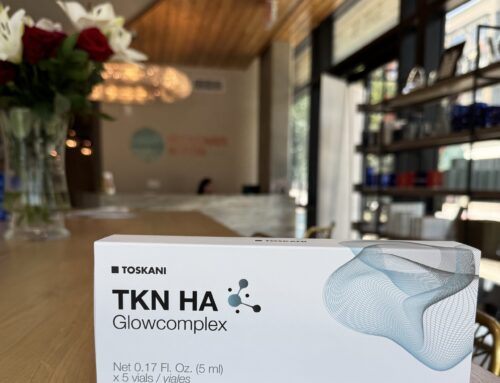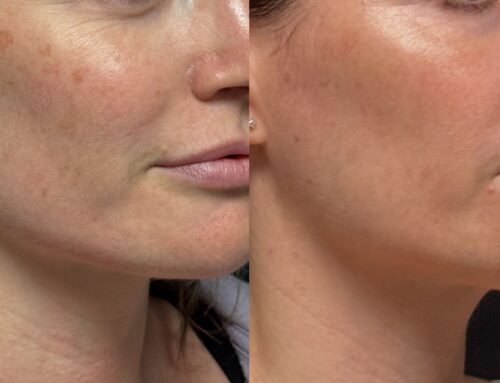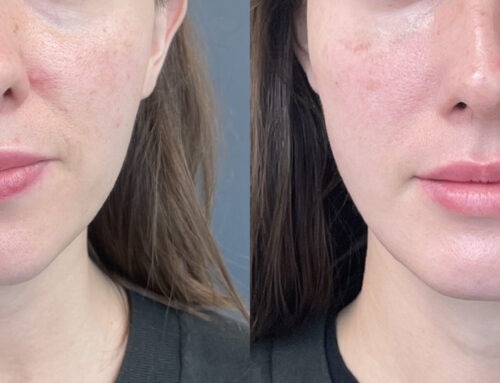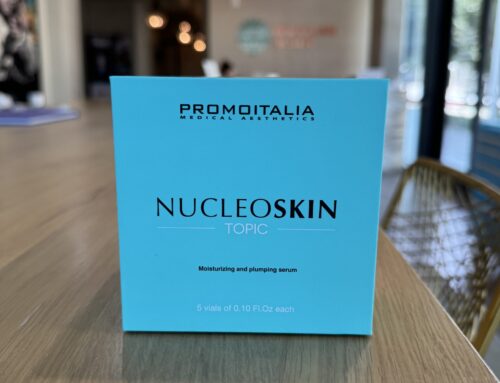 When we think of the physical effects of stress, we often complain of tension headaches or stomach upset. But did you know that even moderate stress can negatively affect your skin?
When we think of the physical effects of stress, we often complain of tension headaches or stomach upset. But did you know that even moderate stress can negatively affect your skin?
Even though we look at our face several times a day (at least!), we don’t often associate stress levels with our appearance, but in fact, our face is one the first places signs of stress will show. One of the most common physical signs of stress on our face are breakouts or acne. Under chronic stress, adrenal glands stimulate our sebaceous glands, causing them to secrete more oil. This overstimulation of oil glands is a perfect environment for the development of acne.
Another way stress can affect your skin is from elevated cortisol levels. Known as the “stress hormone,” cortisol regulates many of the fluctuations that occur in our bodies from stress, such as blood flow. The increased blood flow causes the expansion of capillaries, which can cause a red or inflamed appearance, and in some cases, rosacea, or chronic redness and inflammation of the face.
Increased cortisol can also lead to dryness, as the skin in unable to hold water. In addition, high levels of cortisol can also lead to poor absorption of nutrients from the diet, which can cause our immune system to suffer, leading to slower healing. Cortisol also regulates blood sugar, and chronic stress can elevate blood sugar, damaging the collagen and elastin in the skin.
Getting at least 7 to 9 hours of sleep is one of the first steps in lowering stress levels. Lack of sleep can cause our bodies to release cortisol, leading to increased dryness and inflammation. Lack of sleep can also cause eye bags and puffiness as fluid pools under our eyes.
When it comes to our appearance, we definitely are what we eat, and eating a balanced, healthy diet can help to reduce stress by keeping our blood sugar in check. Avoid high saturated fat comfort foods like ice cream or macaroni and cheese. Olive oil is a super food for our face, as the antioxidants in olive oil work to shut down damaging free radicals. Sardines, green tea, kale, tomatoes, and walnuts are other superfoods that “feed” our face with essential nutrients and help fight aging.
Drink at least 7-8 glasses of filtered water daily. Water is essential for keeping skin hydrated, as dehydrated skin leads to fine lines and wrinkles. Try drinking at least 1 or 2 glasses first thing in the morning. This will not only wake up your digestive system but also keep you from over-indulging in skin-dehydrating coffee or soda.
Most importantly, get moving! Regular exercise has not only been proven to reduce stress levels, but sweating helps to eliminate toxins in the body and improves blood flow, which helps transport oxygen and nutrients to your skin. It’s impossible to avoid stress, but re-evaluating how we manage stress is vital to not only improving our skin, but our overall health.




